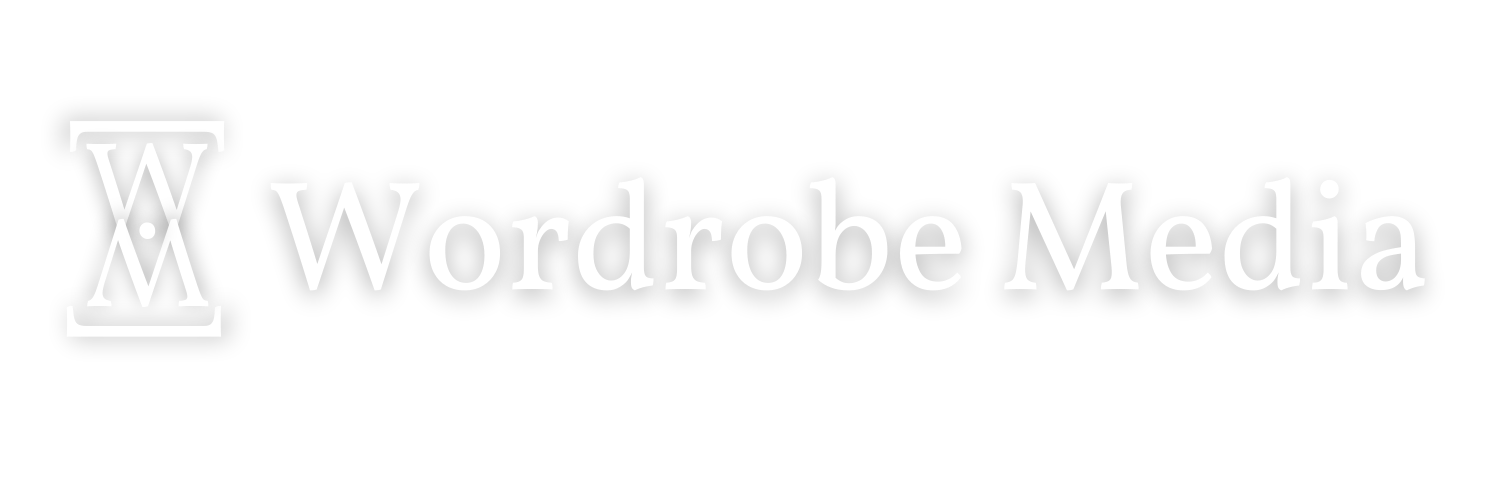Anyone Can Be a Storyteller.
“I’m not a natural storyteller.”
One of my earliest ghostwriting clients said this to me on our first call. Before too long, I discovered he actually was a natural storyteller.
In fact, I can count on one finger how many of my clients were not natural storytellers. And yet even then, we found ways to use Story to better communicate his Why and deliver his ideas for greatest impact.
What’s been truly surprising for me is discovering how lost the natural storytellers felt about how to tell their Story. You would think they’d be able to do this with no issues. But most of the time, they didn’t yet recognize the storyteller they had within themselves—or the power waiting to be unleashed.
First, let’s redefine “Story”
The root problem is rarely about whether you are a natural storyteller or not—but probably in how you are defining “Story” itself.
Story is not only a series of events, saying “this happened and then this happened.” That’s called a sequence. Sequences play a role in storytelling, but they are not the story itself.
The true essence of Story is rooted in your unique perspective, your voice, the special sauce that makes you who you are. Story is part of the human DNA, which is why we all have an Inner Storyteller.
Now, let’s redefine “Storyteller”
The obstacle faced by so many would-be storytellers is how their limited definition of Story leads them to remove themselves from their insights. And then they wonder why their insights have no power. Thus, the reason it becomes easy to believe “I’m not a natural storyteller.”
But let’s think for a second about some of the great storytellers:
Shakespeare.
Walt Disney.
Oprah.
Steve Jobs.
Each of them told stories in different ways:
We think of Shakespeare as a more traditional storyteller because he was a playwright. But he wasn’t only a playwright writing fiction. He was also a poet—and poetry is classified as nonfiction. And some of his most famous plays were histories bordering on nonfiction. Plays like Richard III or Henry V could be viewed as a source of historical education for the audience akin to today's biopic movie. Even “The Scottish Play” (aka, Macbeth) is at least based on a true story, despite its supernatural touches.
As for Uncle Walt? You might think of classics like Bambi or Mary Poppins, but the famed filmmaker won ten of his twenty-six Academy Awards for documentary films. And anyone who has visited a Disney park can attest to how storytelling is woven into everything from the architecture to the food.
Oprah Winfrey is a storyteller on multiple fronts. From her talk show to her book club, the running theme of her career has been lifting up the voices and stories of others. Yes, even giving a platform to others can be considered storytelling.
And then we can't leave out the late Steve Jobs whose own life was storied, to say the least. Love him or hate him, you can't deny his ability to wield Story through the lens of business. He was a master at transforming ideas into impact, especially at Apple. And while he had less of a direct influence as the owner of Pixar, his touch can still be seen in the consistently strong storytelling which forms the central pillar of the studio’s brand.
"All well and good," you might say. "But I'm not any of those titans of storytelling."
Why not, though? What really makes you any different from them?
Shakespeare got his (much older) girlfriend pregnant, leading to the late-1500s version of a shotgun wedding. Walt Disney’s first business went bankrupt. Jobs was publicly ousted from the company he started. Oprah was the daughter of a teenaged mom and was a pregnant teen herself.
These aren’t gods and saints we’re talking about. These could be the stories of anyone in your neighborhood or anyone sitting next to you on a plane. They didn’t become storytellers because of what happened to them. They became storytellers despite what happened to them.
Everyone has a story.
Which means anyone can be a storyteller.
A limited view of storytelling may be causing you to under-value your own story. Oftentimes I encounter aspiring authors who are fixated on sharing their knowledge and experience—but cagey about sharing their own story. They are compartmentalizing. They are failing to see how knowledge and experience are not substitutes for story—they are the direct outputs of your story.
So we need to redefine both “Story” and “Storyteller” if we are to unleash our Inner Storyteller.
Even if you are presenting a book rooted in “how to” information, full of bulleted lists and prescriptive steps, Story still plays a major role. Ask yourself, “Where is this information coming from?”
All your ideas, insights, and “how to” advice stems directly from your experiences and perspective. What makes the information valuable isn’t just the outcome but where and who it came from—within you.
While we still have Shakespeare on the mind, imagine an actor onstage. The Story is the actor. The information you’re sharing is their costume. Remove the actor and the costume falls to the floor, useless. Remove your story and the same happens with the information you want to share. It falls to the wayside, useless.
Which is why finding your Inner Storyteller is so essential for the survival of your message. No one will tell your story exactly the way you can—which makes Story the key component to transforming your ideas into impact.
And if you’re still struggling with seeing yourself as a natural storyteller, then book a free 20-minute Q&A and let’s chat about it.
Did this help you? If so, consider becoming a subscriber to the ForWord Writers Newsletter so advice like this can come straight to your inbox!
